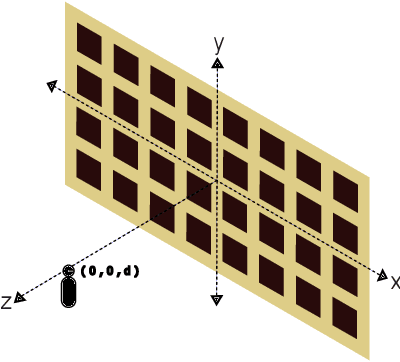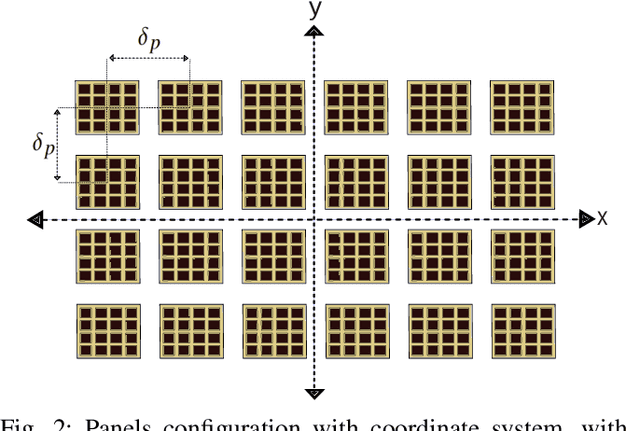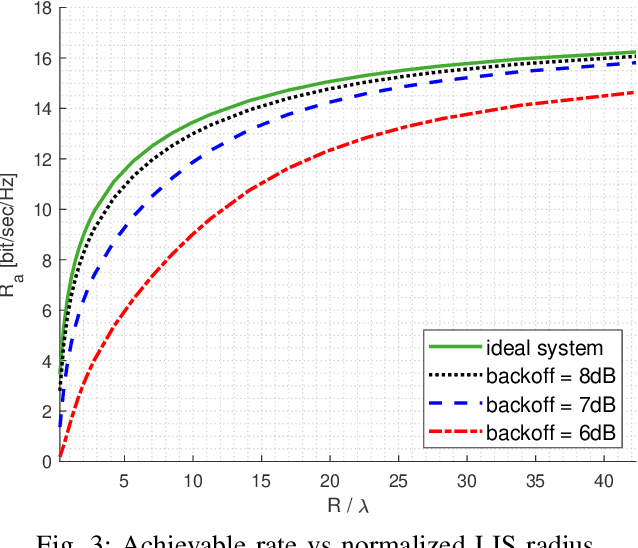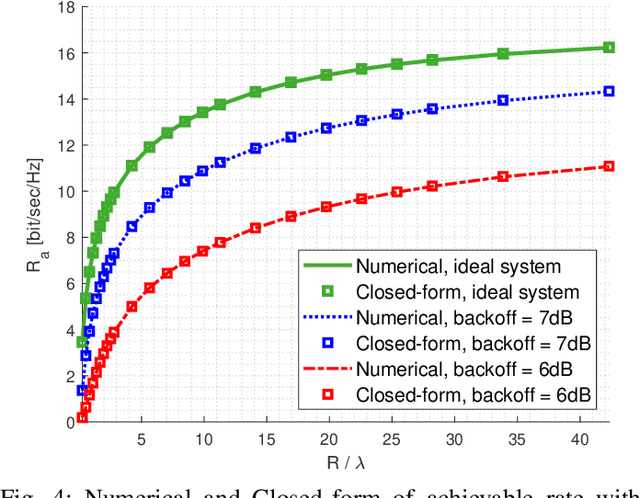Large Intelligent Surfaces with Low-End Receivers: From Scaling to Antenna and Panel Selection
Paper and Code
Nov 07, 2024



We analyze the performance of large intelligent surface (LIS) with hardware distortion at its RX-chains. In particular, we consider the memory-less polynomial model for non-ideal hardware and derive analytical expressions for the signal to noise plus distortion ratio after applying maximum ratio combining (MRC) at the LIS. We also study the effect of back-off and automatic gain control on the RX-chains. The derived expressions enable us to evaluate the scalability of LIS when hardware impairments are present. We also study the cost of assuming ideal hardware by analyzing the minimum scaling required to achieve the same performance with a non-ideal hardware. Then, we exploit the analytical expressions to propose optimized antenna selection schemes for LIS and we show that such schemes can improve the performance significantly. In particular, the antenna selection schemes allow the LIS to have lower number of non-ideal RX-chains for signal reception while maintaining a good performance. We also consider a more practical case where the LIS is deployed as a grid of multi-antenna panels, and we propose panel selection schemes to optimize the complexity-performance trade-offs and improve the system overall efficiency.
 Add to Chrome
Add to Chrome Add to Firefox
Add to Firefox Add to Edge
Add to Edge